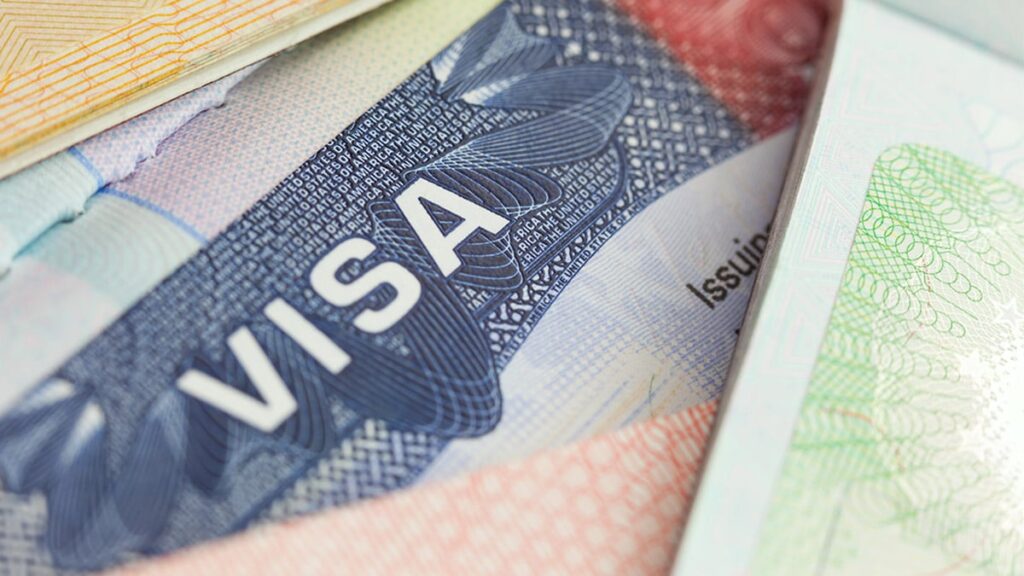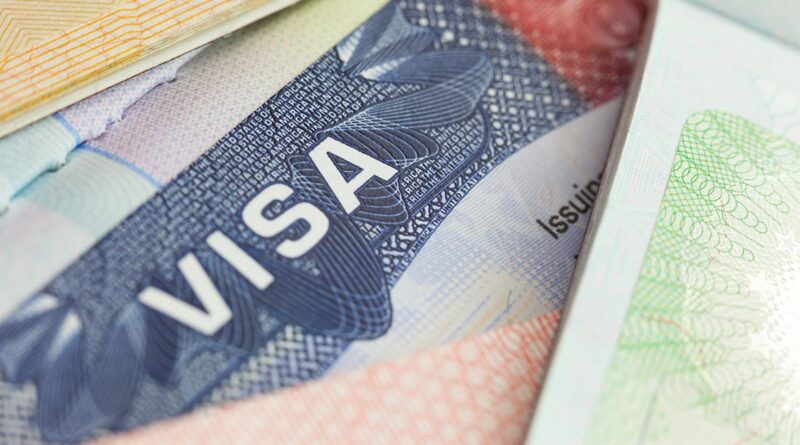US Visa Restrictions are Due to Student Overstays – Ablakwa
Ghana has been hit with temporary U.S. visa restrictions after American immigration data revealed that 21% of Ghanaian students overstayed their visas over the past decade. The announcement, made by Ghana’s Foreign Affairs Minister Samuel Okudzeto Ablakwa, came during a parliamentary session on Wednesday, July 23, 2025.

Under the new directive, most non-immigrant visa applicants — including students and business travellers — will now be issued single-entry visas valid for only three months, a sharp departure from the previous five-year multiple-entry system.
What’s Behind the Visa Clampdown?
According to the U.S. government, the sanctions are part of a broader crackdown on visa violations by countries with high overstay rates. Ghana is now listed among 36 countries under scrutiny.
A worrying 21% of Ghanaian student visa holders reportedly failed to return home after completing their studies — significantly breaching immigration norms.
“In Ghana’s case, it relates to visa overstay — particularly among students,” said Mr. Ablakwa
assuring lawmakers that the government is in active talks with the U.S. Embassy.
Who Is Affected?
🛑 Affected:
- Tourists and business travellers with B-class visas
- Students with F-class academic visas
🎓 Students are especially hard-hit. Those on F-1 visas can now only enter the U.S. once, and must reapply if they leave — even during school breaks. This adds financial burden and logistical complications.
🟢 Exempt:
- Government officials and diplomats with A-class visas
- These individuals will still enjoy multiple entries valid for up to 60 months
Visa Reciprocity or Diplomatic Pressure?
The U.S. Department of State defends the move under its visa reciprocity policy, aimed at matching privileges granted to American citizens abroad. A similar restriction was recently applied to Nigeria.
However, Ghanaian policymakers see this as a blow to international relations and educational cooperation.
Government Responds
Minister Ablakwa assured Parliament that steps are being taken to have Ghana removed from the sanctions list:
“We are engaging. The goal is to demonstrate progress in addressing their concerns,” he said.
He stressed that the visa limit is temporary, but the timeframe for review remains unclear.
Public Backlash and Worry
The visa change has triggered anxiety among:
- Students planning to study abroad
- Business travellers with frequent U.S. commitments
- Universities and education agents facing rising dropout concerns
Critics argue this could damage Ghana’s global mobility, weaken academic collaboration, and affect investment opportunities.




